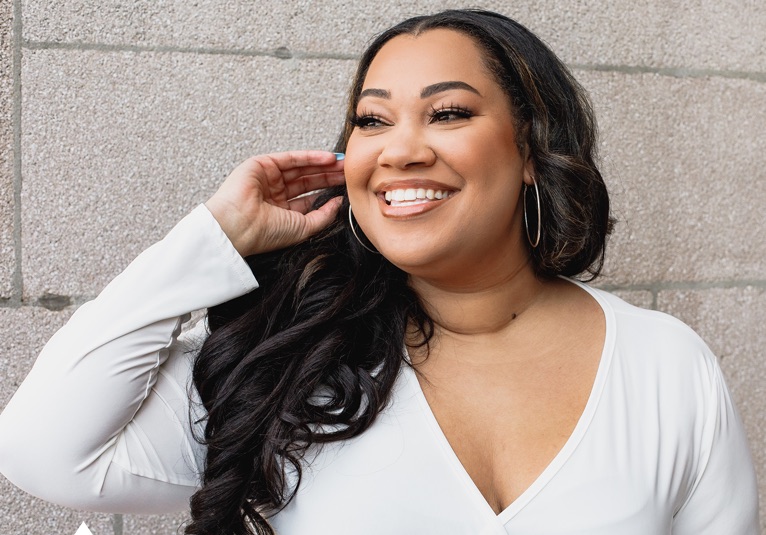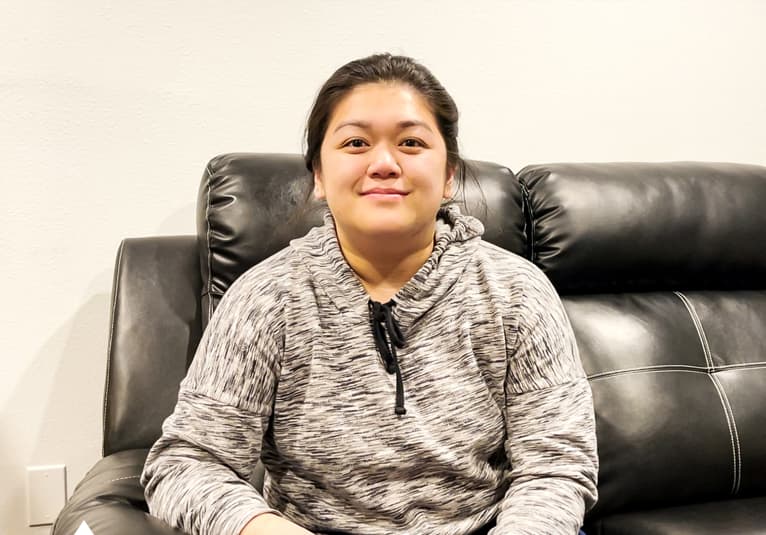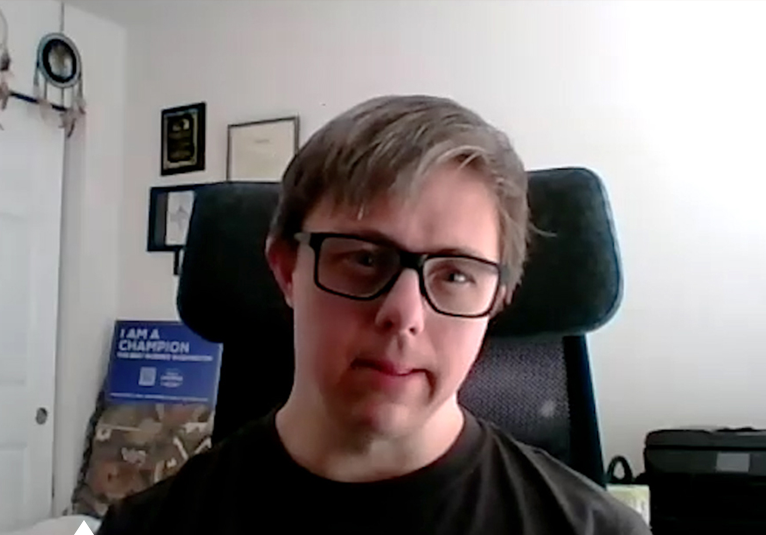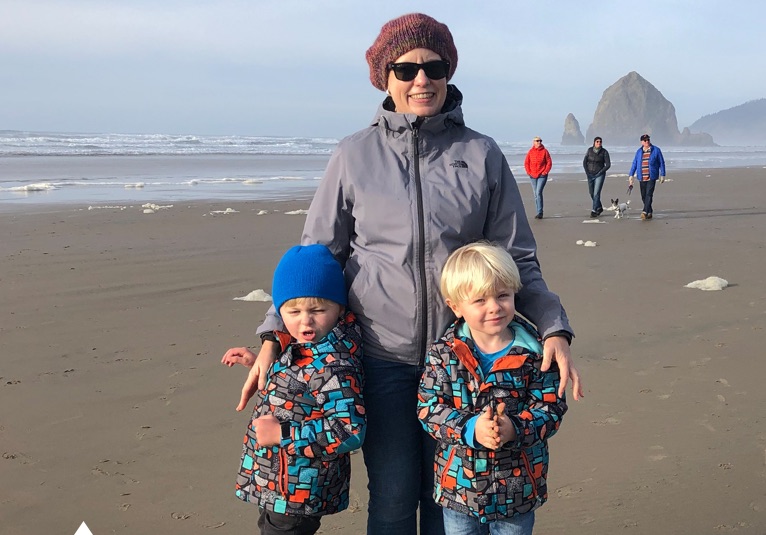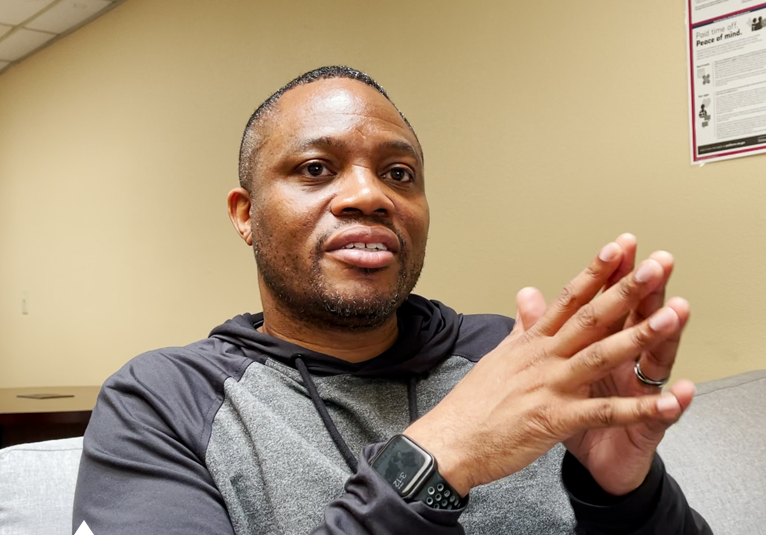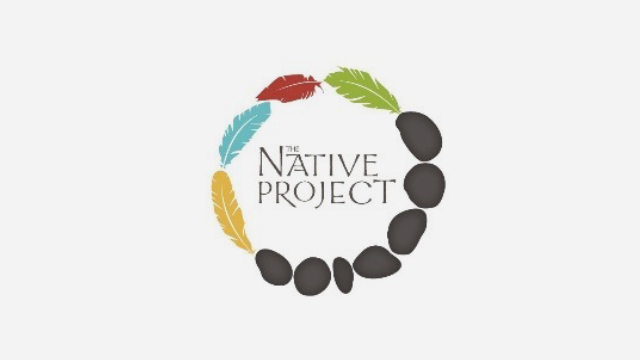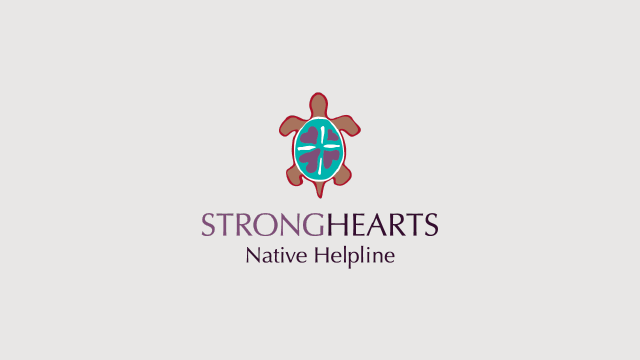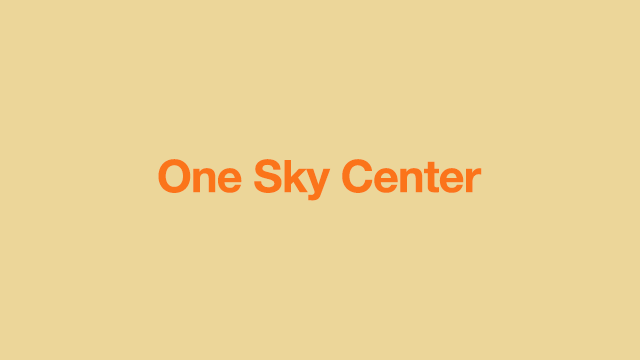Mariama S. I realized I was uncomfortable when my life was not chaotic.
Meet Mariama.
I grew up in Redmond being the only one in many spaces that I was in.
If you knew me pre-COVID, I was someone who did everything and anything. I would leave my house at 7:00 a.m. and I wouldn’t get home until 10:00, 11:00 at night, and then try to do it all over again the next day for the entire week.
COVID-19 really forced you to slow down. I realized that I was actually very uncomfortable when things were not chaotic in my life. It was one of the most incredible breakthroughs I think I’ve had around my mental health. I grew up in a home that was pretty tumultuous and so I thrive in moments of chaos. But being forced to slow down, I realized that I really struggle with being content, with being still, it made me feel like I wasn’t doing enough, like I wasn’t living up to people’s expectations of me.
I call it, the twin pandemics, the dual pandemics of racism and of COVID-19.
Everyone around me was white, everyone around me was rich, and there was me who was Afro-Latina. My mom is Mexican, my dad is Black, and I grew up with my mom. I’m in this weird space where I’m eating tacos every day, but I look Black and I live in this, like, really white, affluent space.
Got to college, spent a lot of time doing social justice work. And it led me to where I’m at now: my day job is director of Equity, Diversity, and Inclusion. After hours, in my passion project, I am the co-founder of The Edenhood Collective, a platform for women of color to come together, really embrace our faith, do some healing work, and have women who will support you through literally anything and everything that you do.
You can’t do equity, diversity, inclusion work without centering mental health.
We are in a collective trauma as people of color, as Black people. I think you can’t talk about one without talking about the other because there are real racialized impacts of COVID-19. There are real impacts of racism [experienced] this past year.
One of the biggest battles that, as a woman of color, I experience is racism compounded by the fact that I’m a woman. And so to be able to be in a space where I can talk about what’s going on, I don’t have to explain things, people just get it. They understand why it’s so painful. We have shared experiences. I don’t have to put on a show. I don’t have to be informative. I can literally be my most authentic self.

